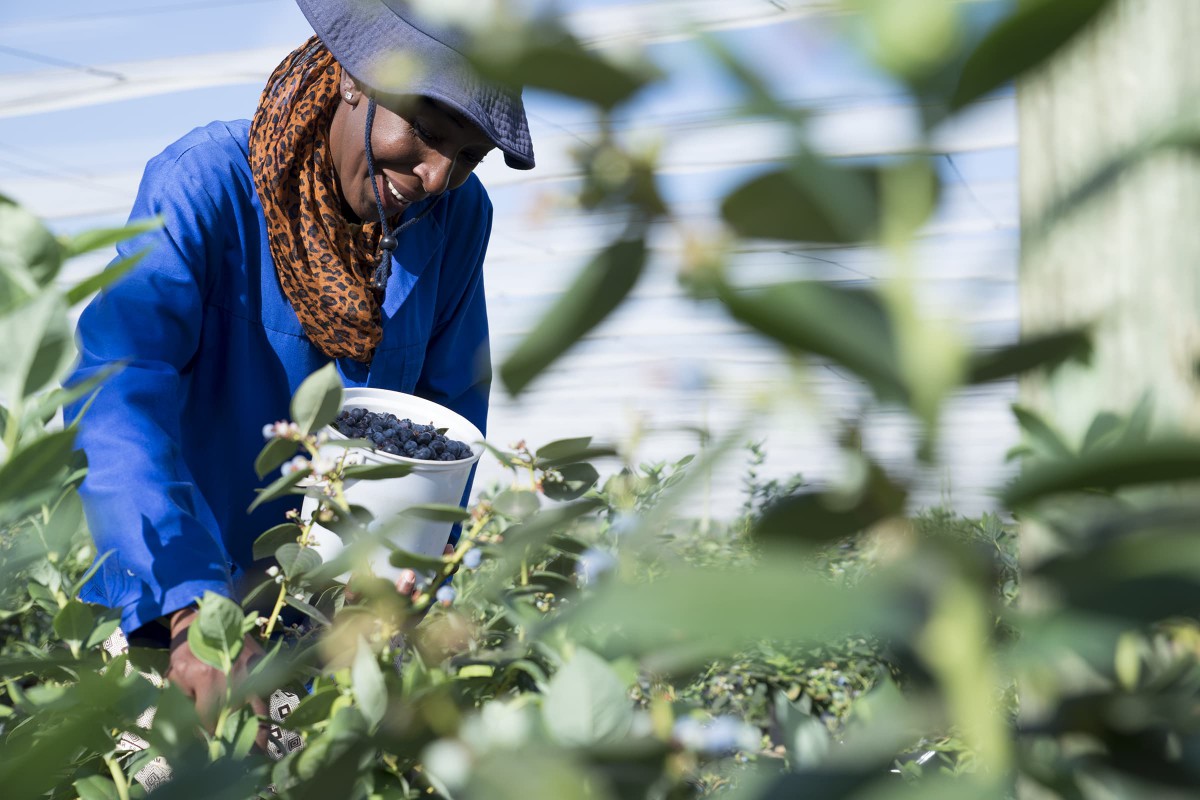Drosophila suzukii has become a major concern for berry growers in the United States. In this study, the economic impact of D. suzukii on Maine's wild blueberries sector was assessed from two perspectives.
The first analysis estimated the statewide economic impacts of D. suzukii on Maine's wild blueberries supply chain in the absence of controls. We found that D. suzukii could result in a dramatic loss of revenue to the industry, which could be over $6.8 million in the worst case scenario (assuming a 30% reduction in yield).
In the second analysis, Monte Carlo simulation was used to compare the expected returns under different management strategies for a typical Maine wild blueberries farm. The analysis focused on a decision week during the harvest season, which the grower can choose between three control strategies: no control, early harvest or insecticide application.
The results suggested that insecticide applications are not economically optimal in most low-risk infestation scenarios. Furthermore, although early harvesting is one strategy to avoid D. suzukii infestations for wild blueberries production in Maine, the trade-off is the loss of income from immature harvest.
Using the results of the simulation, the optimal harvesting times for the ripeness level of the fruit were summarized in different D. suzukii infestation risk scenarios, which can minimize the loss of income resulting from the adoption of the early harvest management strategy.
Read the full study: The Economic Impacts and Management of Spotted Wing Drosophila (Drosophila Suzukii): The Case of Wild Blueberries in Maine
Photo: Matteo Maspero and Andrea Tantardini, MiRT Centre - Minoprio Foundation (IT) - EPPO






